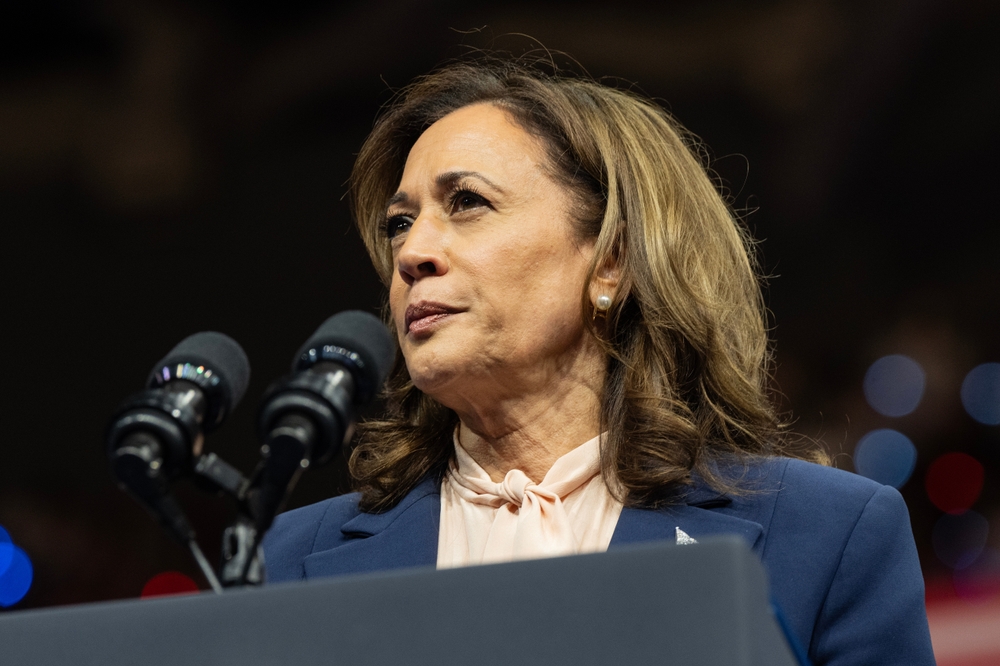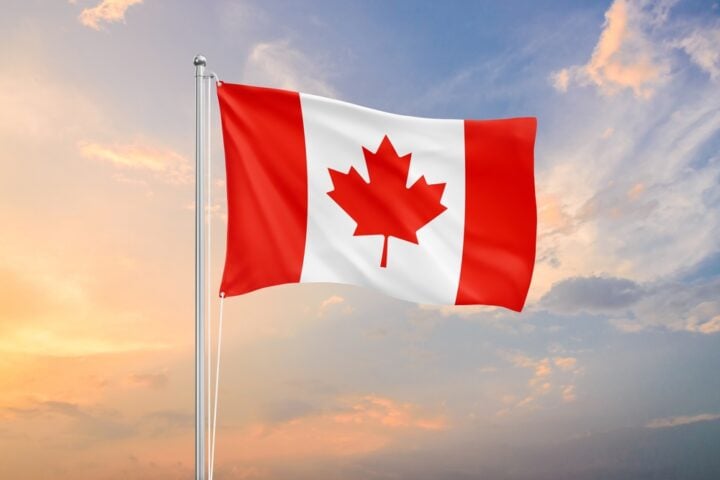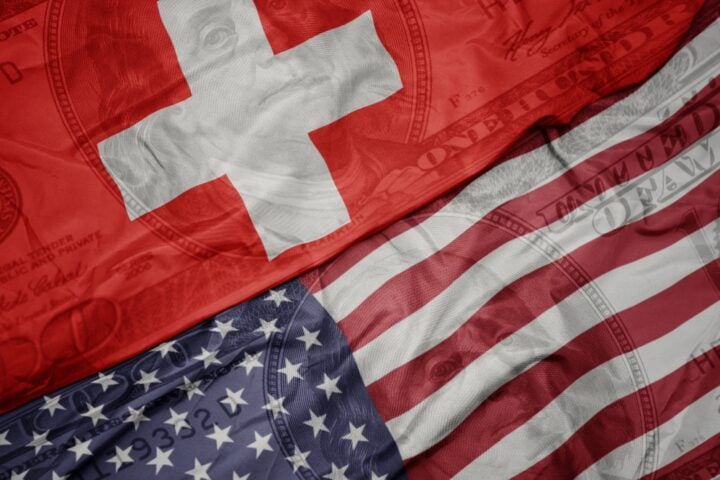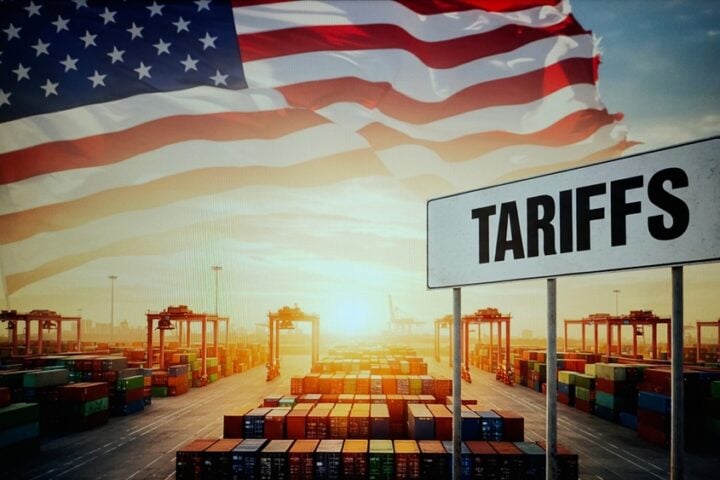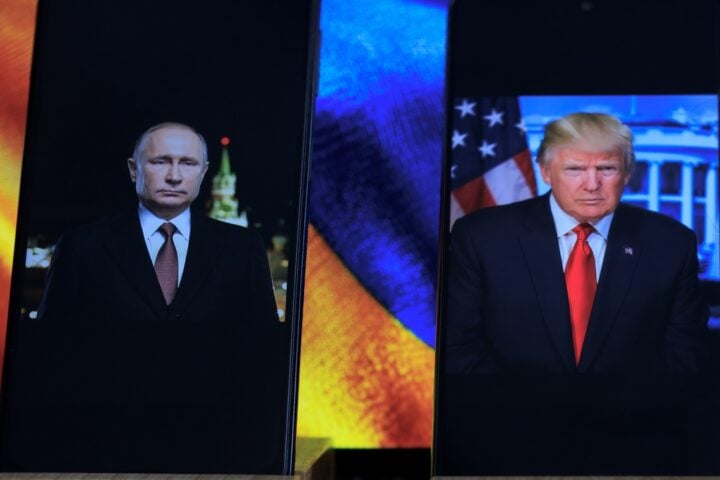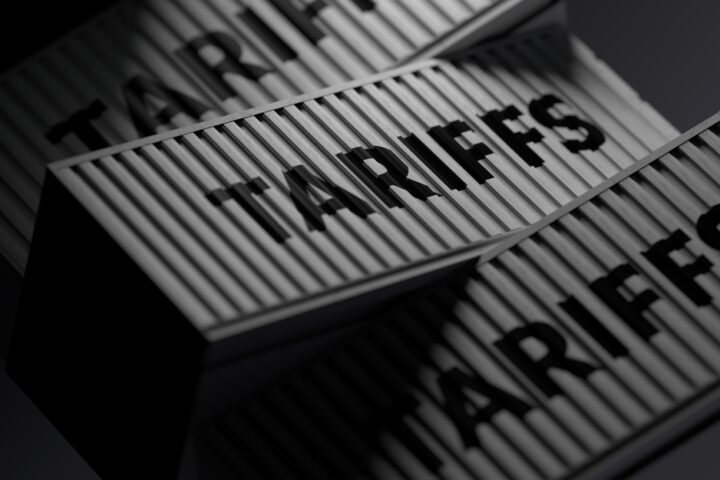In the latest chapter of what some are calling the “Plagiarism War,” Senator JD Vance criticized Vice President Kamala Harris for allegedly plagiarizing sections of her 2009 book, Smart on Crime: A Career Prosecutor’s Plan to Make Us Safer. “I wrote my own book, unlike Kamala Harris, who copied hers from Wikipedia,” Vance claimed, sparking a new round of debate over ethics and originality in political writing.
The controversy over plagiarism is not new in American politics. President Joe Biden, for example, has faced allegations of plagiarism in the past. However, the seriousness with which such accusations are treated often depends on the political climate and the media’s perspective toward the accused. In Harris’s case, reactions have been mixed, with some critics dismissing the allegations as minor while others suggest a double standard in the treatment of political figures.
Plagiarism in Politics: A Media Double Standard?
When the allegations against Harris surfaced, The New York Times quickly published a column referencing “plagiarism consultant” Jonathan Bailey, who noted that while Harris may have borrowed material from sources like Wikipedia, the matter was “nothing to make a big deal of.” However, Bailey later clarified on social media that his comments were based on information provided by reporters and that he had not conducted a thorough review of Harris’s work.
Conservative media outlets reacted strongly, arguing that if similar allegations had been made against a book authored by Donald Trump—such as The Art of the Deal—the media response would have been much harsher. This discrepancy has added fuel to the argument that plagiarism allegations are often colored by partisan sympathies.
Critics on both sides have pointed out the perceived inconsistency in how these controversies are handled. “An opponent of Trump could probably copy War and Peace word-for-word and would still be showered with literary awards in this political environment,” one commentator quipped, underscoring the belief that bias often shapes the narrative around plagiarism accusations.
Plagiarism in Academia: From Harvard to High Stakes
The current wave of plagiarism scrutiny has not been limited to the political sphere. Harvard President Claudine Gay recently faced accusations of plagiarism dating back to her 1997 dissertation, brought forward by conservative activists like Christopher Rufo. This revelation came on the heels of similar allegations against Harvard’s diversity chief, who was accused of over 40 instances of plagiarism in her own academic work.
These controversies have put many academics in a difficult position. Some have opted for silence, while others have promised to scrutinize conservative scholars as a form of retaliation. For those who value the insular world of academia, this tit-for-tat dynamic has become as nerve-wracking as an IRS audit from one’s teenage years.
But the focus on Harris could also inspire a shift in the conversation around plagiarism—one that recognizes the complexity of the issue. The reality is that many instances of non-student plagiarism are less about ethics and more about diligence. Differentiating between intentional plagiarism and accidental oversights is crucial in evaluating such cases.
Technology and the Evolving Standards of Plagiarism
In the modern age, technology plays a dual role in both creating and mitigating plagiarism risks. With the ease of copying and storing information digitally, authors may unintentionally find themselves in a plagiarism dilemma. Even renowned academics like Lawrence Tribe and Doris Kearns Goodwin have faced scrutiny for instances where quotation marks were lost or citations misplaced.
The rise of plagiarism-detection software offers a potential solution to these challenges. Tools like Ithenticate and Copyleaks have become popular among university faculty, with over 78% of professors using such services to check student work, according to a recent survey. Some suggest that it’s time for authors to use these tools on their own manuscripts to avoid inadvertent mistakes.
In his own effort to ensure accuracy, one author decided to put these services to the test while preparing his latest book, The Indispensable Right: Free Speech in an Age of Rage. He ran the 400-page manuscript through two plagiarism detection tools, paying hundreds of dollars for a comprehensive review. As these technologies improve and become more accessible, the expectation may shift toward using them as a standard part of the publishing process.
The Fine Line Between Oversight and Intent
As debates around plagiarism rage on, there remains a notable lack of consistency in how different cases are handled. For popular figures like Goodwin or Ogletree, allegations of plagiarism have been little more than temporary setbacks. Yet for others, similar accusations can end careers or result in lost tenure, revealing how much the outcome can depend on a person’s popularity or connections.
Historically, the concept of plagiarism has been controversial. The term itself dates back to the first century when the Roman poet Martial accused a rival of being a “plagiarius,” or kidnapper of his words. Despite its ancient origins, defining and adjudicating plagiarism remains a gray area, especially when distinguishing between background information and original analysis.
As the conversation around Harris’s book continues, it highlights the complexity of judging these cases fairly. Her defenders argue that much of the allegedly copied material served as background for her arguments, while critics contend that even small oversights can undermine the integrity of a work.
A Path Forward for Evaluating Plagiarism
Ultimately, the Harris plagiarism debate underscores the need for more nuanced conversations about what constitutes plagiarism and how it should be addressed. With the aid of technology, it is possible to reduce the likelihood of unintentional errors, but achieving consistency in how accusations are treated remains a challenge.
Harris’s alleged plagiarism may not sway many voters in the upcoming election, but it has reignited a broader discussion on ethics, diligence, and fairness in both the political and academic worlds. As technology evolves and standards shift, the future of plagiarism may depend on finding a balance between accountability and understanding the complexities of the creative process.


